Russian political party “United Russia” held the first “For the Freedom of Nations” International Forum of Supporters of the Struggle against Modern Practices of Neocolonialism on 16-17 February 2024 in Moscow. It brought together over 400 participants from more than 55 countries of Africa, Asia, the Middle East, Latin America, Europe and the CIS.
We present a broad summary of the speech of the member of the Supreme Council of the United Russia Party, the leading researcher in the Sector of Theory of Law and State of the Federal State Budgetary Institution of Science Institute of State and Law of the Russian Academy of Sciences Vladimir Pligin’s speech below.
Dear ladies and gentlemen, colleagues!
Let me welcome you to the Founding Forum of Supporters of the Struggle against Modern Practices of Neocolonialism – for the Freedom of Nations.
Our section is devoted to the political and legal aspects of countering neocolonialism.
My respected colleague Ethem Sancak, a famous Turkish politician, and I, Vladimir Pligin, will be the moderators of the Section.
As we assess the opposition to modern practices of neocolonialism and the desire for freedom of nations, we are faced with a complex set of problems that envelop our world. Issues of cultural, economic and political dependence leading to degradation urgently require the liberation of nations from the shackles of modern forms of colonization.
In this battle for freedom, each country must resist the obsessive desire to imitate the ideas and models imposed on them from the outside by colonial patterns. Countries and cities become dried-up areas, stripped of their authenticity and historical value. More and more nations are realizing that we need to move away from cyclical dependence, where resource exploitation and economic inequality become the norm.
Having their own history and culture in their hands, proudly bearing the heritage of their ancestors, nations concentrate their efforts against this takeover in spite of the forces that want to deprive them of their spiritual and material independence. They strive to restore their uniqueness and greatness, refusing to be puppets in the hands of neocolonialist attempts.
This battle is not only a battle on the field of economics and politics, but also a struggle for the souls of nations. In every act of resistance, the collective awareness and self-determination of the people, their true self and the right to sovereign rule are awakened.
However, the unity of nations in this struggle cannot be achieved without international cooperation. Only through close cooperation among peoples, only by supporting each other and rejecting neocolonial practices, can true freedom be achieved for all nations. It is in this cooperation and unity that lies the power that can open the doors to prosperity and self-development.
The level of tragedy that marked the 20th century highlighted the idea of humanism. Through the wreckage of cut-off destinies and lost hopes, the voice of righteousness and compassion rose: the idea of humanism was revived, embodied in international documents that became a symbol of the revival of hope for peace and harmony.
The second half of the 20th century marked itself as a time period during which various legislative aspects of human rights arose and were adopted.
Since the end of World War II, the international community has made enormous strides in understanding and establishing human rights. The basis of this system are international treaties and agreements. The first comprehensive document reflecting all aspects of rights was the Universal Declaration of Human Rights, which came into force on December 10, 1948. This document established universal rights available to everyone. All states had the opportunity to join this set of rules, which were established by the United Nations (UN). This became mandatory and helped raise human rights issues to a new level. The adoption of the Universal Declaration was necessary after the difficult post-war period. Then the International Covenant on Civil and Political Rights and the International Covenant on Economic, Social and Cultural Rights were adopted. The adoption of these covenants in 1966 opened a new chapter in the development of international law.
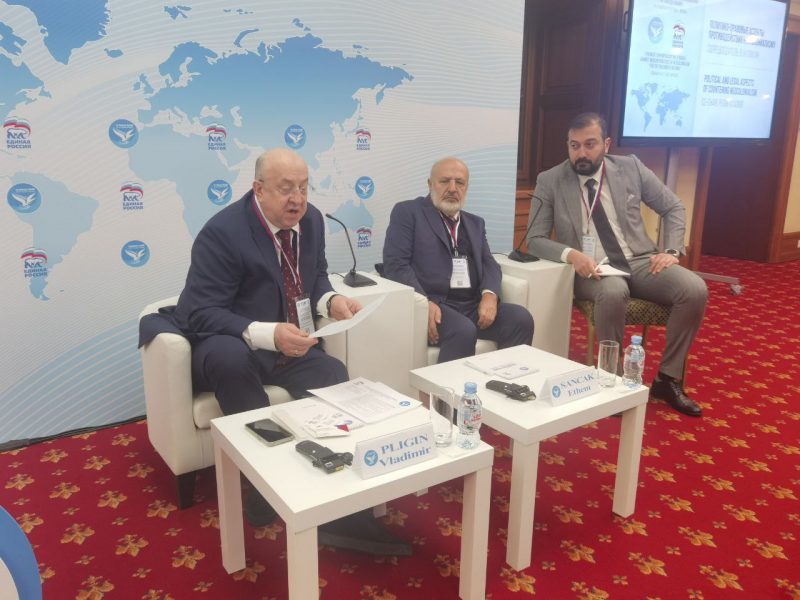
In 1950, the European Convention for the Protection of Human Rights and Fundamental Freedoms was adopted, expanding the sources of human rights at the international level. In addition, there are a number of other conventions and instruments, such as the Convention on the Prevention and Punishment of the Crime of Genocide (1948), the Convention relating to the Status of Refugees (1951) and the International Convention for the Protection of All Persons from Enforced Disappearance (2006).
The drama lies in the fact that these great words, which were enshrined in various kinds of international documents, the UN Charter and the Helsinki Agreements, which gave a huge impetus to the humanization of international relations, these words have now turned into words that live, rather, in their written form. They cease to drive the behavior of many, many people who make decisions regarding how we see the modern world. This departure from the behavioral state to the formal state is undoubtedly a tragedy. This transformation has become chaotic and has actually taken away the possibility of using the word “law” in relation to international law. It has lost this actual legal focus and, of course, we mean the manifestation of the enormous tragedies that we have seen recently. And in these tragedies the very word “Heil” appears again, which at one time led to a unique world tragedy. Accordingly, one of the tasks of our section is to try to understand what is happening, what should appear, how to further build the civilizational movement that we are talking about. What can be offered within the framework of that very order, the order of the new multipolar world? How should the voice of the world majority be heard and taken into account in the construction of a new world order? And what should be the fullness of those new norms of international law that should fill this existential void, which is currently being filled, if we follow Russian literature, by demons.
Justice and law. Respect for the values of others, respect for those strata that are created in civilized societies – all this should provide the basis for a political and legal solution to the proposed multipolar world, as well as return us to the values and material reality that should be discussed.
Nikolai Yakovlevich Danilevsky, the most famous Russian historian and geopolitician, author of the work “Russia and Europe” (1861), does not consist in going in one direction (in this case it would soon stop), but to proceed all field that constitutes the field of historical activity of mankind. Therefore, no civilization can claim to represent the highest point of development in comparison with its predecessors or contemporaries.


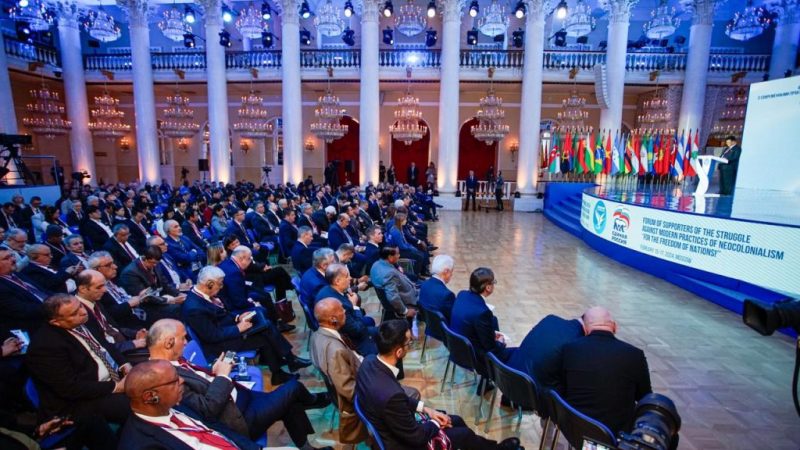

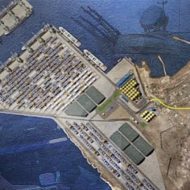
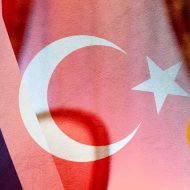
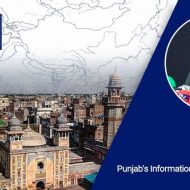
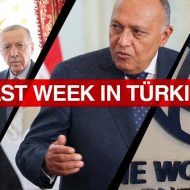

Leave a Reply